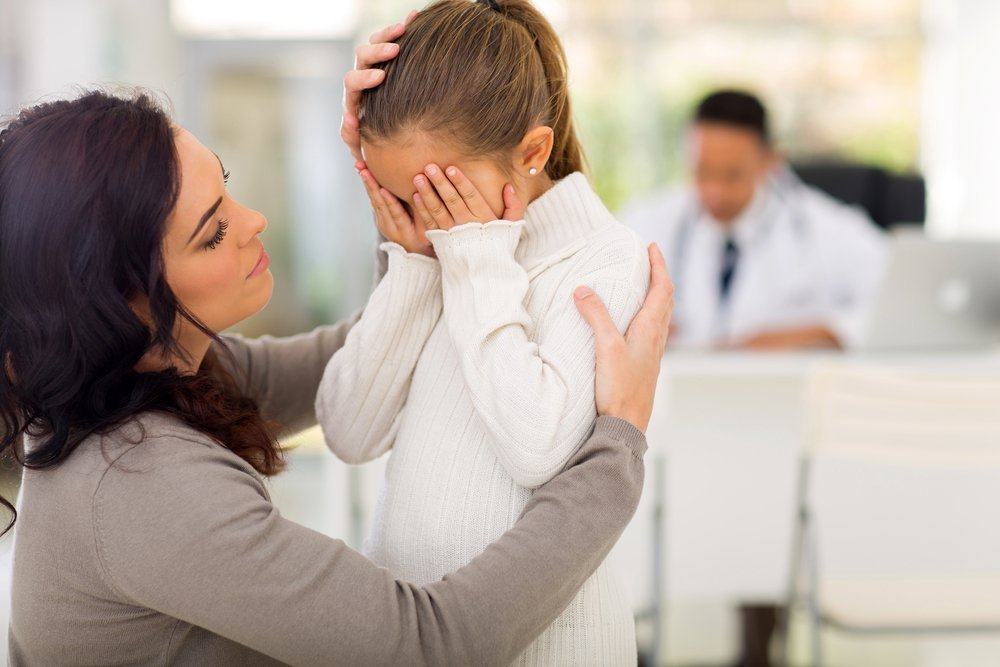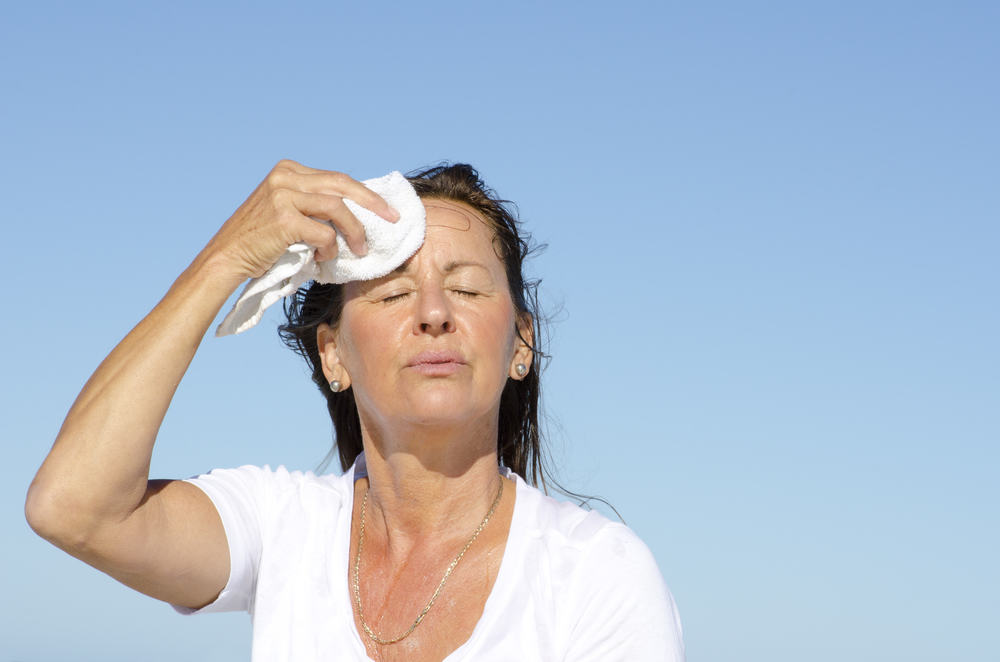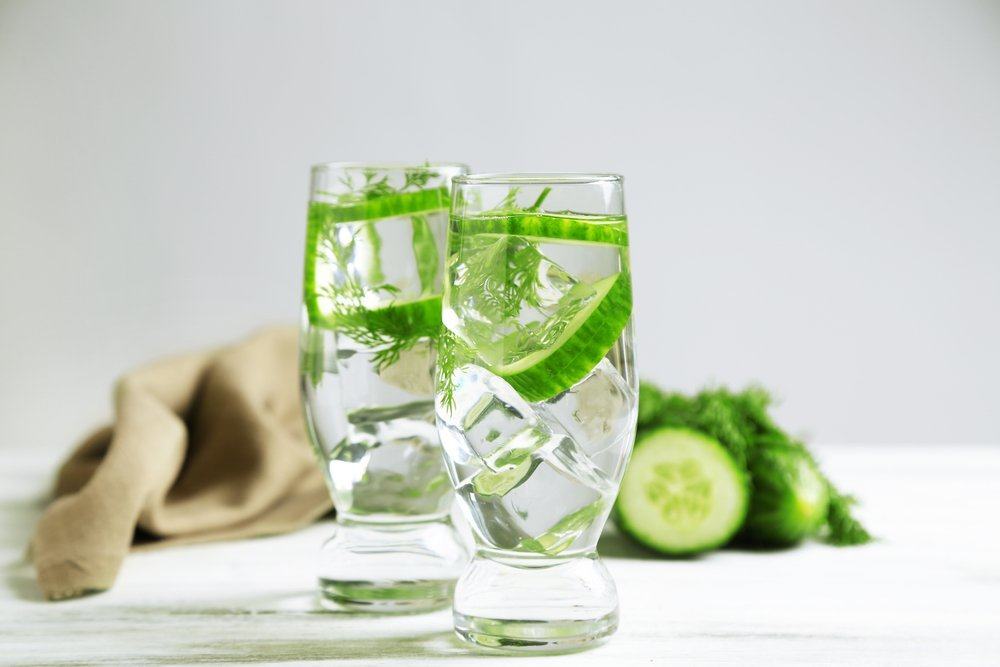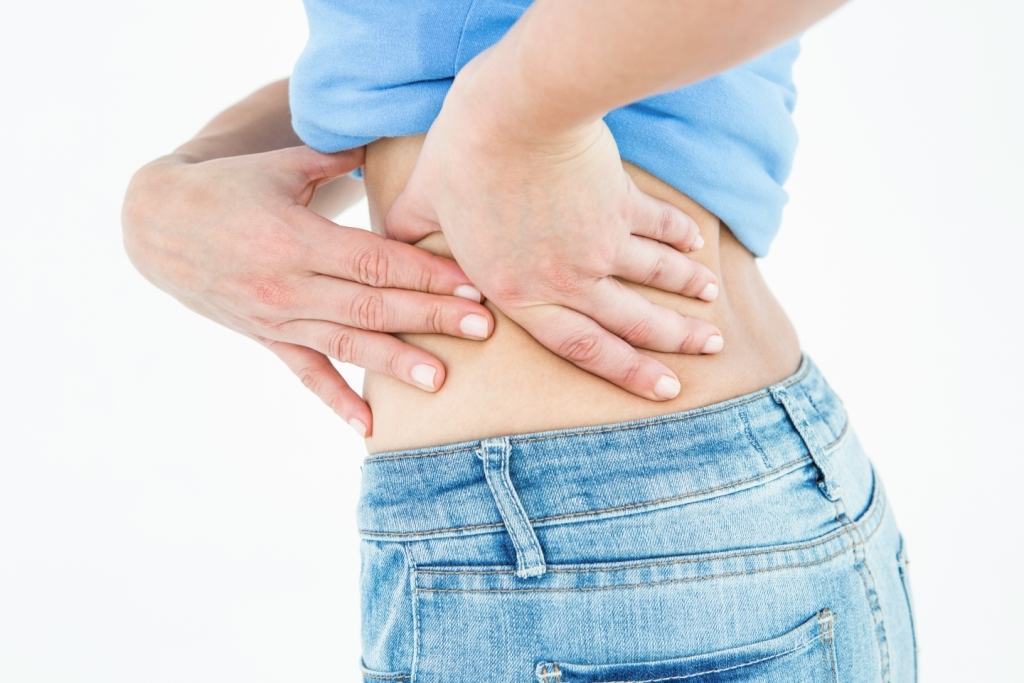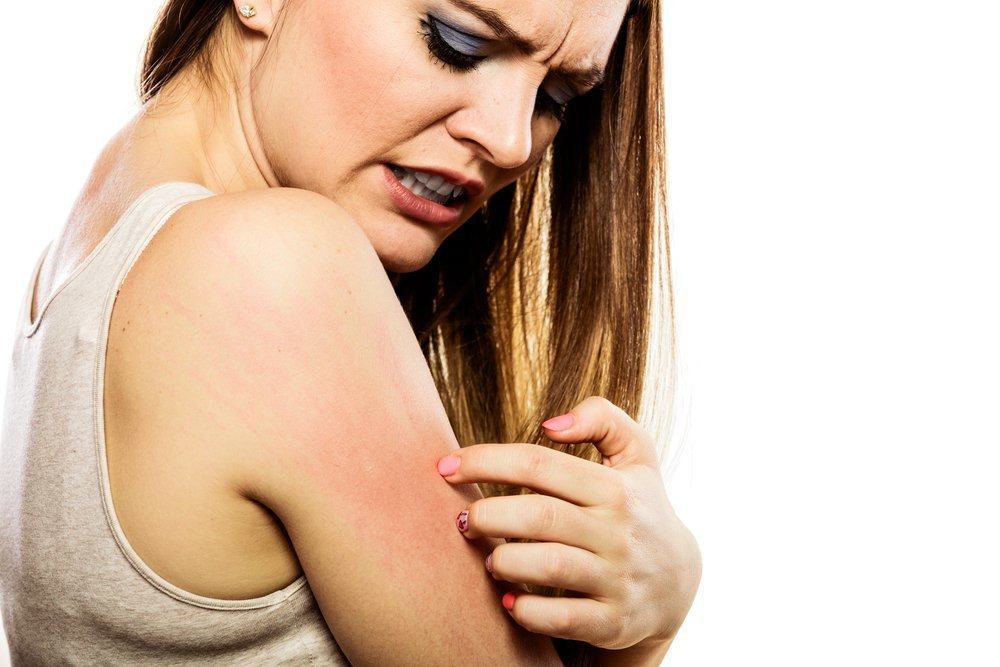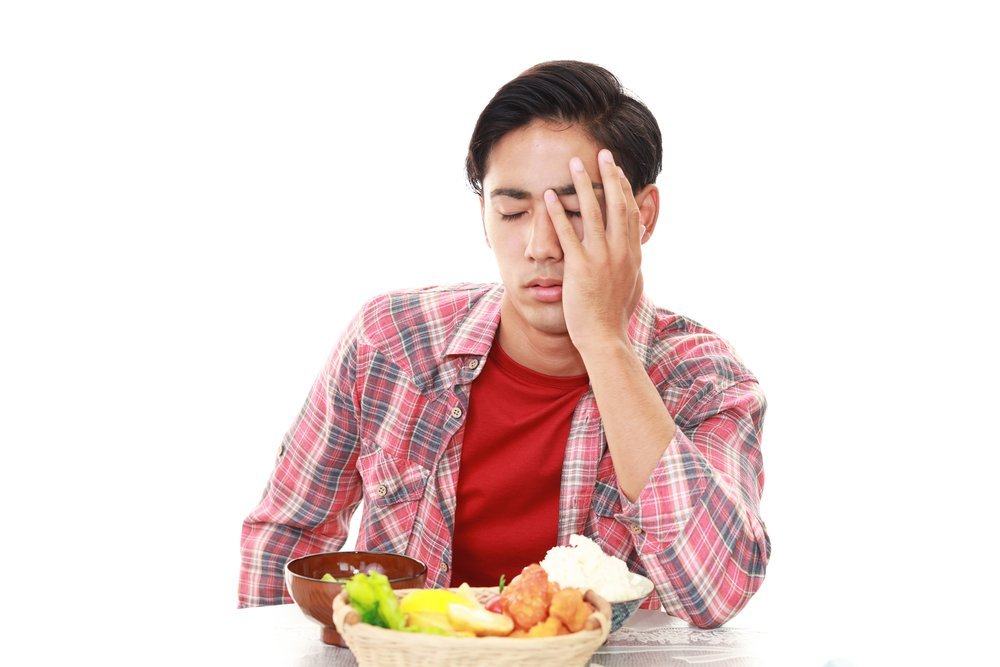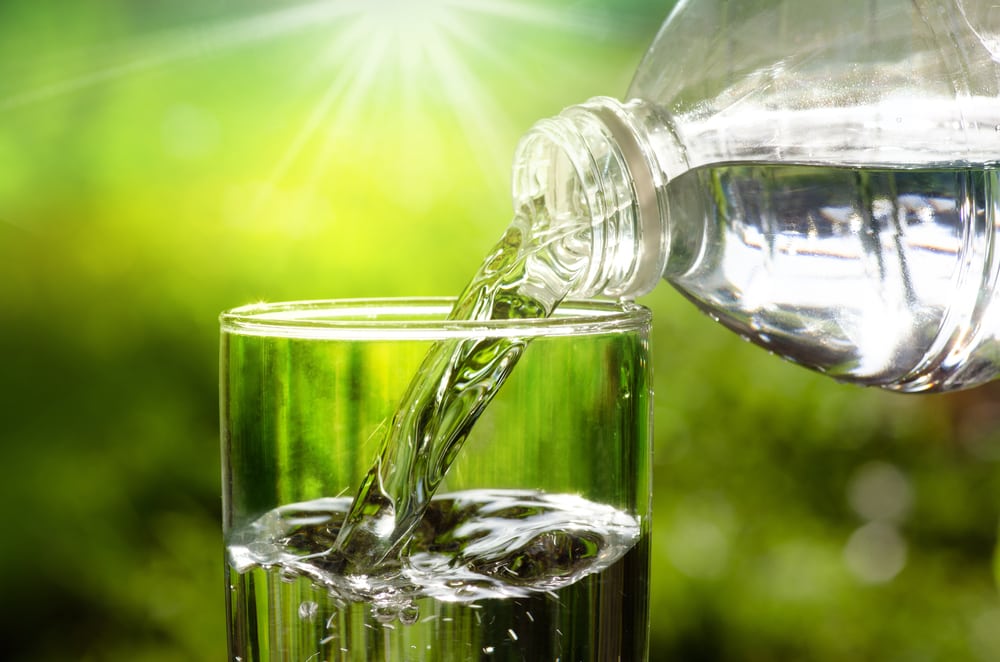Contents:
- Medical Video: HIV / AIDS and Pregnancy - What You Need To Know
- How can children be infected with HIV?
- Protect children from HIV transmitted through mother-child
- Improving family communication is the best method to protect children from HIV
Medical Video: HIV / AIDS and Pregnancy - What You Need To Know
According to the World Health Organization, around 3.2 million children aged 15 and under live with AIDS at the end of 2013. HIV is the virus that causes AIDS. This health condition causes many dangerous complications, especially in vulnerable groups such as children.
Here are some details about how to protect children from HIV.
How can children be infected with HIV?
Most HIV infections in children are passed down from the mother during pregnancy, labor or breastfeeding. Less common causes include:
- Blood transfusion. If the child is transfused with infected blood or injections with unsterile needles, there is a large risk of HIV and AIDS infection.
- Use of illegal drugs. HIV mainly spreads to street children drug users.
- Sexual transmission. Although rare, children can also be infected through sexual violence or rape. HIV transmission can occur.
Protect children from HIV transmitted through mother-child
It is possible for HIV-positive mothers to have healthy babies who are not infected with HIV. If the drug is used correctly, HIV positive women treated in early pregnancy now have less than 2% chance of having children with HIV.
All women should be tested for HIV at the first prenatal visit early in pregnancy. Pregnant women can retest at the end of pregnancy if they are at high risk.
A treatment called antiretroviral therapy, works most effectively if used early in pregnancy and during labor, as well as in babies after birth. Starting treatment at the end of pregnancy, childbirth and giving newborns anti-HIV drugs, can also reduce the risk of decreasing HIV in infants.
Mothers can also reduce HIV to babies with breastfeeding. HIV-infected women may not breastfeed. Give baby formula milk as a substitute or ask the doctor about breast milk from the ASI bank.
Improving family communication is the best method to protect children from HIV
- Lift this topic with your child.You can start talking about HIV when your child sees or hears HIV advertisements on TV. Ask "Have you ever heard of HIV or AIDS before? What do you think is HIV or AIDS? "
- Give facts. Give information that is honest, correct and appropriate for the age and development of the child. For 8 year olds, you can say "AIDS is a disease that makes people very sick, caused by the HIV virus, which is a very small germ." Older children can hear in more detail. Pre-teens should understand how HIV spreads and how to use condoms to protect from HIV / AIDS transmitted through sex. You might need to discuss how sex works before explaining about HIV so that your child is not confused. When the time is right, talk to older children about what they can do to stay safe from HIV more specifically.
- Fix misunderstandings. Children's misunderstandings about AIDS - like they can be "infected" by being around people with HIV / AIDS - can make them afraid. It is important to immediately straighten out their understanding as early as possible.
- Build children's confidence. Praising children frequently, providing realistic goals and following children's interests are good ways to build self-confidence. If children feel confident, they will be more able to ignore the pressure from around.
- Explain to children about sex. Teach children about safe sex. Explain that the safest way to prevent HIV and other sexually transmitted diseases, as well as unwanted pregnancies, is not to have sex in any form.
- Make children feel comfortable talking. When your child is ready, teach the child about safe sex, so the risk of HIV infection is lower when he decides to have sex.
Many infants and children living with HIV are thought to be infected with HIV-positive mothers. Even if children do not show signs of HIV infection, doctors can begin treatment to improve their health and immune system in the long run.
Hello Health Group does not provide medical advice, diagnosis or treatment.

